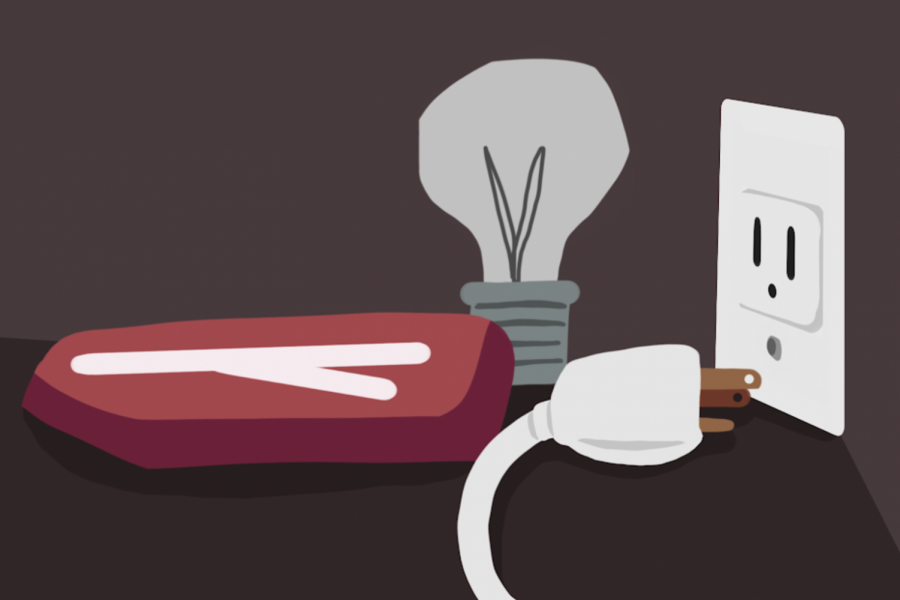Why and how students should reduce their carbon footprints
January 3, 2019
The Intergovernmental Panel on Climate Change released a report in October warning that without significant effort in the next twelve years it will be too late to stop the earth from warming 1.5 degrees Celsius. Since then, governments around the world have been struggling to find solutions to climate change. While citizens of all nations wait for the politicians to create new policies, lawmakers often choose to keep their carbon-emitting habits intact and do not realize how powerful a single person’s actions are. All people, even students who rely on their parents, need to take responsibility and personally adjust their daily habits to take ownership of their personal contribution to climate change.
Recent articles in the Guardian, the Outline, and Vox have supported the idea that individuals “going green” will not make a difference in the environment; companies and Congress hold all of the power over the state of the future climate. In fact, they argued that focusing on individual actions would distract people from trying to enact change on a higher level. What these articles are forgetting, however, is that when people create change in their own lives they are better able to see that there is a real emergency.
Throughout the years, no matter how many facts and figures are thrown at the public in an attempt to rally the American people to fight climate change, people have not taken the dire situation to heart. According to Slate (2018), “research on social behavior suggests lifestyle change can build momentum for systemic change.” The human species has always used social cues to recognize emergencies.
Because people follow and take cues from those around them, one person’s actions can create a domino effect. Obviously, simply integrating cutting back on meat intake, starting to compost, carpooling, or using energy efficient light bulbs into a student’s daily life will not revert the earth back to a healthy climate. But it may spread awareness that climate change is a real emergency, something that every person should care about, and not just a few scary numbers shown on the news when a new report is released. For example, according to Bryan Bollinger and Kenneth Gillingham (2018), people are more likely to buy solar panels for their roof in neighborhoods that have already made the shift. This is because people see that going solar is something that other people believe is an important personal step.
As students, the world is going to be left to us someday. Unlike our parents, we are going to have to spend much of our lives in a world that will probably be devastated due to climate change. Where adults have let the world down in the past, it is up to the students now to pick up the slack and change the habits necessary to leave a better world for our kids.
A common belief among high school students is that since youth don’t have complete control over their lives, there is not much that they can do to limit their personal carbon footprint. The truth is, however, that there are many simple changes that have large effects on carbon footprints. Along with the well-known ideas of eating organic and driving less, eating less meat, particularly red meat, is the most effective action in combating climate change. According to the Huffington Post (2018), “to get a single pound of beef, it takes over 5,000 gallons of water – as the number one consumer of freshwater in the world, animal agriculture is drastically increasing the problem of water scarcity.” Even easier, unplugging devices that do not need to be charged will dramatically reduce the amount of energy you are using. Finally, simply turning off the lights after leaving a room and remembering to recycle go a long way in reducing carbon emissions.
Making these few simple changes are well within the grasp of any high school student, and will make a difference in raising awareness and addressing the crisis of climate change head on. Choosing to take action and create new habits will lead to communal change, and eventually systemic change.



